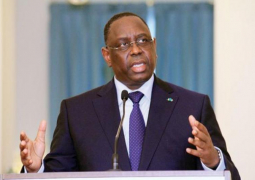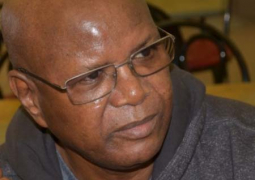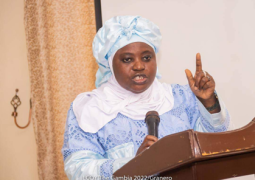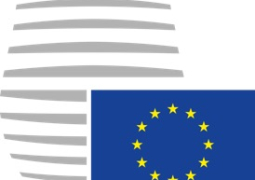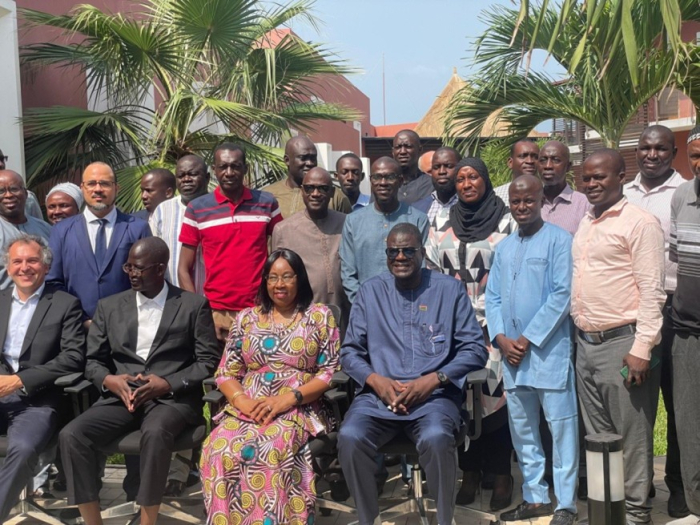
The workshop featured expert presentations, in-depth discussions and collaborative sessions focused on the practical application of the proposed tools. Participants also explored how the new framework could support emerging technologies, foster competition and enhance consumer protection.
In his opening remarks, Burama Jammeh, PURA director of Economic Regulation, emphasised that the validation marks a pivotal moment in The Gambia’s journey towards a more competitive and transparent telecommunications sector.
“The sector has undergone significant transformation in recent years, with increasing mobile penetration, growing data consumption, and new technologies emerging. The need for a robust regulatory framework has never been more urgent,” he stated.
Mr. Jammeh highlighted that the new report developed through extensive collaboration with partners and stakeholders serves as a comprehensive roadmap for ex-ante regulation, a proactive approach to preventing market abuse, ensuring fair pricing, and promoting long-term sector sustainability.
“This report is not an end in itself,” he stressed. “It is a starting point for informed, inclusive, and evidence-based regulation.” He urged participants to rigorously scrutinise the findings, ensuring that the final regulatory tools adopted are “technically sound, socially equitable, and economically viable.”
He also extended appreciation to WARDIP, led by Project Coordinator Mr. Serign Omar Lowe, for their continuous partnership and financial support, as well as to the consulting team and all stakeholders who contributed valuable data and expertise.
Representing WARDIP, Serign Omar Lowe praised PURA for its leadership and efficiency in implementing project activities under the regional initiative.
“Within the WARDIP framework, PURA has been our top-performing partner. They’ve shown exceptional dedication in advancing the regulatory environment in The Gambia,” Mr. Lowe said, noting that PURA’s achievements under the connectivity component of WARDIP have been exemplary across the subregion.
He reiterated WARDIP’s commitment to supporting The Gambia in achieving a balanced regulatory landscape that benefits both consumers and service providers. “Regulating is not just about control; it’s about facilitation, ensuring that the playing field is level for all. PURA has proven to be a neutral, effective regulator committed to fairness and inclusion,” he added.
Delivering a statement on behalf of the Minister for Communications and Digital Economy, Serign Modou Bah, director of Post and Telecommunications, described the validation as “a crucial step in The Gambia’s journey toward a transparent, consumer-oriented telecom market.”
He provided an overview of the sector’s remarkable progress, citing over 112% mobile penetration, 15.7% annual growth since 2019, and the sector’s contribution of more than 5% to national GDP. The telecommunications sector, he said, generated approximately GMD9 billion in 2023, underscoring its central role in national development.
Mr. Bah explained that the findings of the study including detailed cost modelling, tariff benchmarking and proposed pricing frameworks offer a robust foundation for regulatory decision-making. “These tools will ensure tariffs are cost-oriented, efficient, and fair, balancing operators’ sustainability with affordability for users,” he emphasised.
He reaffirmed the government’s commitment to supporting reforms that guarantee universal, high-quality digital services for all Gambians. “The implementation of this study will strengthen governance, enhance competition, reduce market distortion, and boost consumer confidence,” he concluded.
Njoku L. Bah, director general PURA, described the workshop as a turning point in shaping the future of connectivity in The Gambia.
“As the telecommunications sector evolves, so too must our regulatory approach,” he said. “This study represents a forward-looking, evidence-based effort to ensure our market remains fair, efficient, and responsive.”
Mr. Bah outlined the report’s core recommendations, including tariff regulation through floor and ceiling pricing models, benchmarking with ECOWAS peers, and strategies to prevent predatory pricing. “Our goal is not to stifle competition but to sustain it to protect smaller players, promote infrastructure sharing, and encourage innovation,” he stated.
He called on stakeholders to critically engage with the findings and contribute insights that would help PURA finalise a framework that is “technically sound, socially equitable, and economically justifiable.”
“Let us use today’s discussions to build a regulatory environment that empowers citizens, supports businesses, and positions The Gambia as a leader in digital transformation in the subregion,” he urged.
In her remarks, Lucy Faye, chairperson of the PURA Board, reaffirmed PURA’s commitment to transparency and data-driven decision-making.
“Our vision is clear; to ensure every Gambian enjoys access to quality, reliable and affordable services. That vision must be guided not by guesswork or opinion, but by facts, evidence and data,” she concluded.


